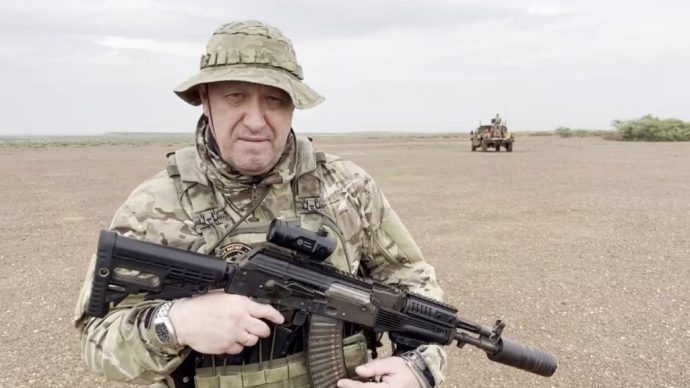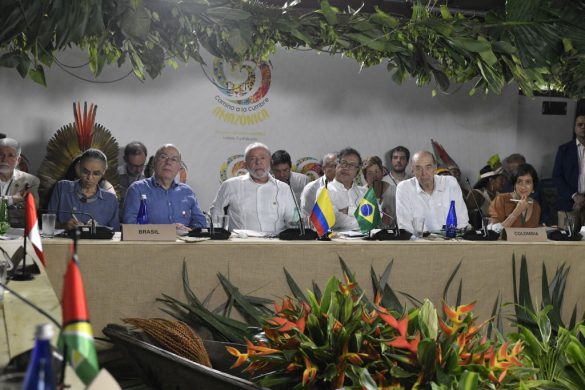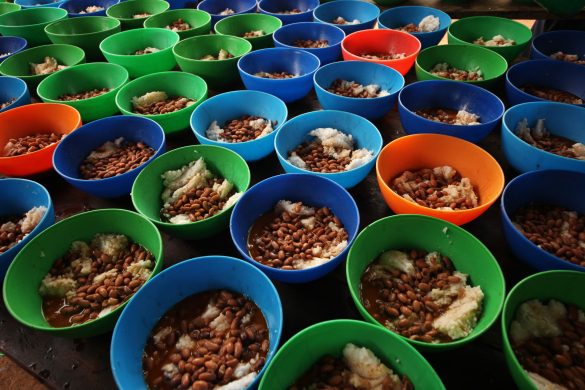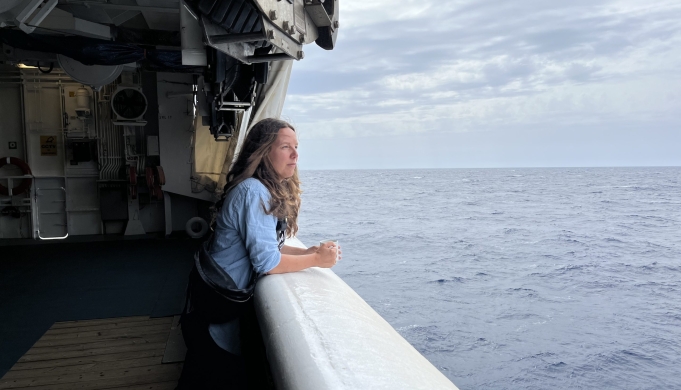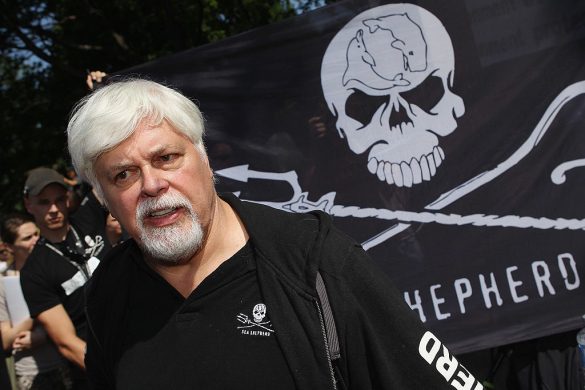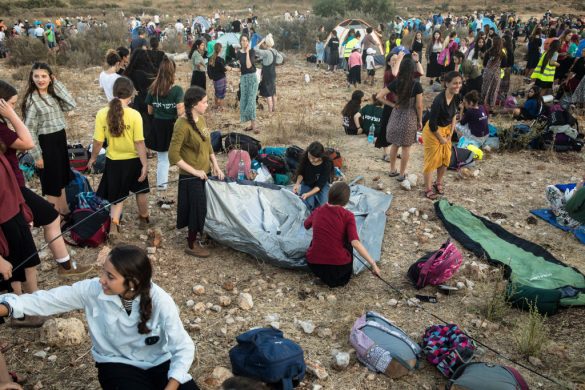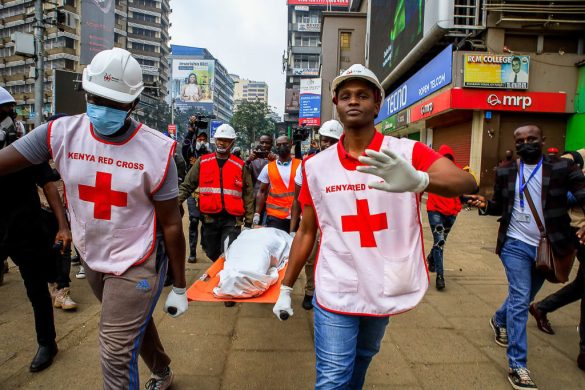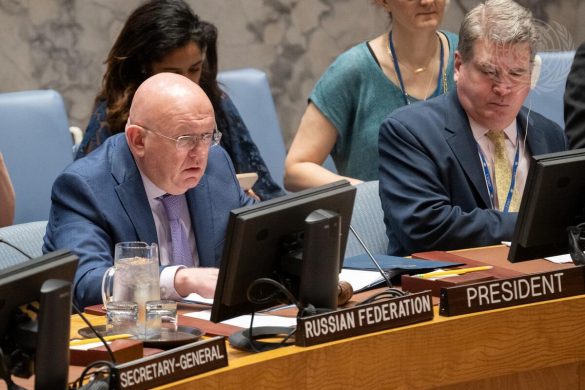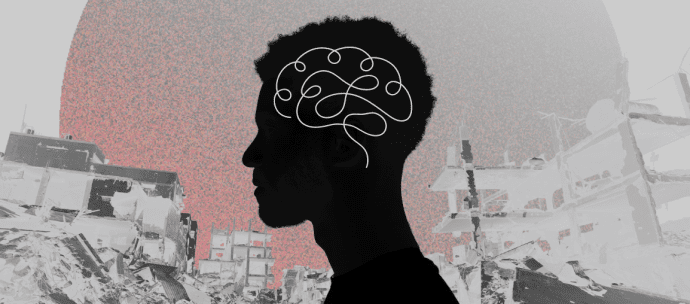Regionale menneskeretsdomstole i Afrika og Latinamerika beskytter i stigende grad oprindelige folks rettigheder, men flere sydamerikanske lande modarbejder domstolen, og i Asien har oprindelige folk problemer med overhovedet at blive anerkendt, skriver IWGIA i årlig statusrapport.
IWGIA er en international arbejdsgruppe for oprindelige folk, der hvert år udgiver en årsbog kaldet “The Indigenous World”. Årsbogen gør status over oprindelige folks rettigheder globalt i året, der er gået. “The Indigenous World 2013” er netop udkommet og kan downloades på hjemmesiden (se link nederst). Følgende er udpluk fra indledningen:
In different countries that have ratified ILO Convention 169, indigenous organizations have spoken out strongly in favour of implementing the consultation mechanisms established in this international treaty in relation to the economic activities taking place on their territories.
Governments, however, tend to interpret consultations as information sharing processes after decisions are taken rather than ones aimed at seeking free, prior and informed consent. There is also a worrying tendency towards trusting the companies to conduct the consultation processes, and failing to provide adequate capacity building of indigenous communities or securing their access to redress.
The lack of genuine consultations is at the basis of innumerable social conflicts between indigenous peoples, companies and governments around the world. Increasingly, indigenous peoples are turning to the legal system to solvetheir land claims and seeking redress – seeking justice from international complaints mechanisms and regional human rights systems once national legal avenues have been exhausted.
The Inter-American Commission on Human Rights thus continues to receive numerous complaints from indigenous peoples, and several cases have been referred to the Court. In the case of the Kichwa people of Sarayaku, Ecuador, the Inter-American Court this year ruled in favour of the indigenous demand, forcing the state to pay compensation to the Kichwa for damages caused by the Argentinean oil company, CGC.
The significant number of measures imposed by the Inter-American Human Rights system is, on the other hand, causing a reaction from several governments. Venezuela, Brazil, Ecuador and Bolivia in particular have called for a reform of the system to limit its powers. This would represent a serious setback for human rights defence in the region.
In Africa, the African Human Right system is playing an increasingly important role in the protection of indigenous peoples’ rights. In 2012, the African Commission referred the Ogiek people’s case against Kenya for unlawful evictions and gazetting of their land to the African Court of Human Rights.
The Ogiek case is the first indigenous rights case to come before the Court and builds on the successful litigation of the landmark Endorois Communication at the African Commission in 2010. As with many of the rulings of the Inter-American Human Rights system, the Endorois ruling has reportedly not yet been implemented.
Despite the lack of commitments from states to implement the recommendations and rulings of the regional human rights mechanisms, they nevertheless provide indigenous peoples with a very important and viable avenue for seeking justice, a path that is so far not available to the indigenous peoples of Asia.
Indigenous peoples of South-East Asia therefore had high hopes this year for the adoption of a human rights declaration for the ASEAN countries, as a first step towards improving their access to justice at the regional level. Disappointingly, the drafting process completely ignored civil society and the final version of the Declaration made not a single reference to indigenous peoples’ rights. A major problem for indigenous peoples in Asia remains their basic lack of recognition as indigenous peoples.
Download årsbogen her: http://www.iwgia.org/publications/search-pubs?publication_id=613


